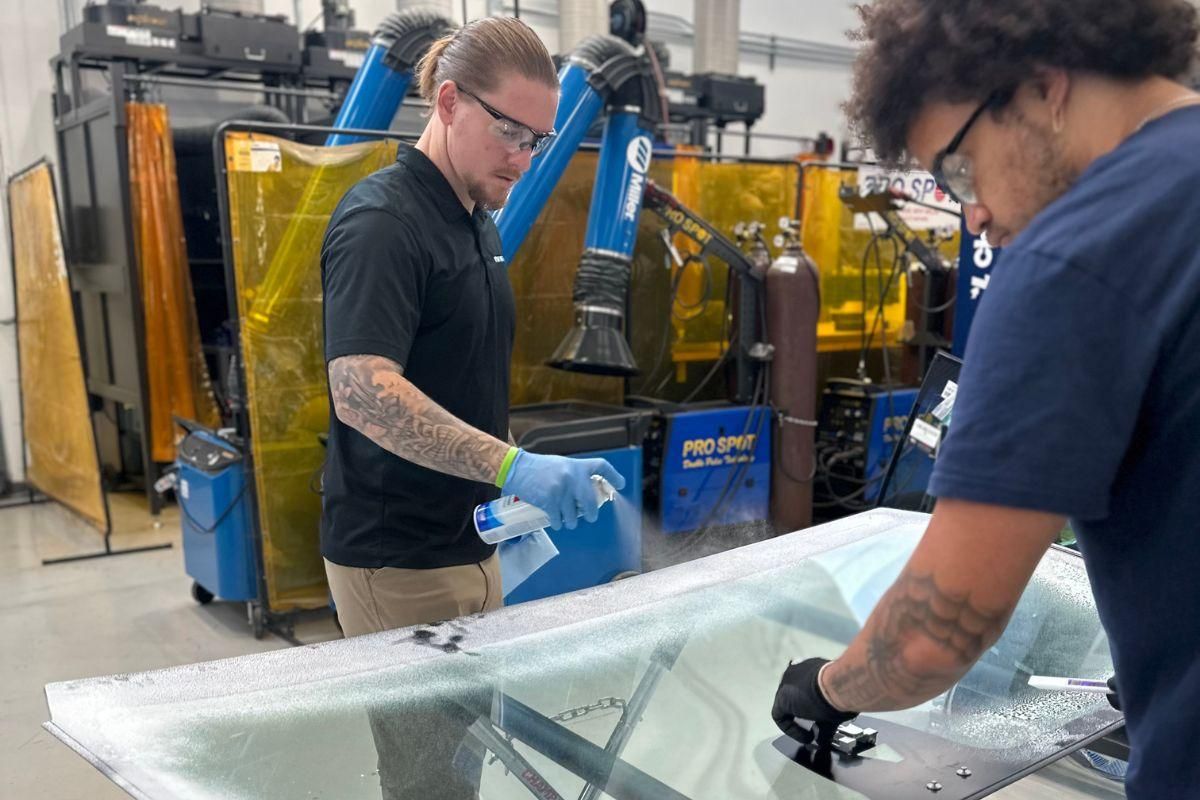How Afterschool Programs Help Middle Schoolers Thrive (and Why Chess Might Be the Secret Weapon)
Middle school is one of the most transformative times in a child’s life. It’s a season marked by rapid growth, shifting identities, academic pressure, and evolving social dynamics. For many families, it’s also when they begin searching for ways to help their kids build confidence, stay focused, and find their footing during these often-uncertain years.
One solution that consistently proves effective? A quality afterschool program. These programs offer far more than just supervised care—they provide opportunities for enrichment, mentorship, and development. And when it comes to helping kids sharpen their minds, build resilience, and have fun along the way, chess is emerging as one of the most powerful (and underrated) tools available.
Let’s take a closer look at why the right afterschool environment—especially one that includes chess—can make all the difference.
Ages 11 to 14 are often described as the “tweens”—those not-quite-a-kid, not-yet-a-teen years. During this time, children experience a whirlwind of physical, emotional, and intellectual development. Their sense of identity begins to form. Peer relationships take on new importance. And academically, students are expected to handle more complex tasks, increased responsibilities, and mounting expectations.
Without structured support after school, many kids are left to navigate this tricky terrain alone. Unstructured time often translates to hours spent in front of screens, exposure to negative peer influences, or simply boredom and disengagement. That’s why many families turn to afterschool programs—to create a reliable, supportive space during those vulnerable hours between the end of the school day and the time parents get home.
Not all programs are created equal. The best ones strike a balance between supervision, enrichment, and fun. A strong afterschool program provides consistency and support during a time of rapid growth. It offers a safe space where students can unwind, explore new interests, build friendships, and even get academic help when needed.
Key qualities of an impactful program include:
Among the many enrichment options available, one stands out for its unique ability to develop both the mind and the character: chess.
Chess is more than just a game—it’s a mental gymnasium that helps kids develop strategic thinking, patience, and confidence. It’s often said that chess is a sport of the mind, and for middle schoolers, that mental training can have real academic benefits.
Studies have shown that children who participate in chess programs demonstrate improved math and reading scores, better memory retention, and sharper problem-solving skills. One study published in Educational Research Review found that chess instruction led to measurable gains in cognitive and academic outcomes, particularly in reasoning and math.
The best part? Kids don’t need to be prodigies to benefit. Even beginners gain valuable skills by simply learning the rules, practicing regularly, and playing with peers.
Beyond brainpower, chess supports emotional growth in powerful ways. Each game is a mini lesson in patience, resilience, and sportsmanship.
In a world where kids are often over-stimulated and under-supported emotionally, chess offers a calm and focused counterbalance.
Chess is uniquely suited to middle schoolers because it blends competition with introspection. Unlike team sports, it’s an individual pursuit—but not an isolating one. It fosters a growth mindset, encouraging kids to think critically, reflect on their actions, and improve incrementally.
Chess also requires very little in terms of resources. No expensive equipment, uniforms, or field rentals—just a board, pieces, and an open mind. That low barrier to entry makes it one of the most inclusive enrichment activities around.
And while some kids gravitate toward music or sports, others are still searching for their “thing.” Chess often fills that gap, offering a way for children to shine in a non-traditional way.
Let’s be honest: not every student who learns chess is going to become the next grandmaster. But that’s not the point.
Chess builds that middle schoolers carry with them into high school, college, and beyond:
These lessons echo in classrooms, job interviews, and relationships throughout life.
While chess is growing in popularity, it’s not yet available everywhere. Fortunately, awareness is increasing, and more schools and community organizations are recognizing its value.
Making chess part of an afterschool program is one of the easiest and most effective ways to introduce it to middle schoolers. Schools can host a weekly club, partner with local coaches, or even offer online matches as part of their offerings.
Parents who want to bring chess to their child’s school don’t need to be experts. Sometimes, all it takes is expressing interest to a teacher or administrator and connecting with local organizations that provide materials and instruction.
Not sure if chess is the right fit? Here are a few indicators:
If any of these sound familiar? Chess might be the opportunity your child didn’t know they needed.
When kids fall in love with chess, they’re also falling in love with learning. That spark can lead to other interests—coding, robotics, debate, or creative writing. The self-discipline and curiosity developed through chess are easily transferred into academics, hobbies, and even career paths.
Even better, chess teaches kids that mastery doesn’t happen overnight. Growth comes with time, effort, and reflection, a lesson that serves them for life.
The middle school years can be rocky, but they’re also full of potential. The right afterschool program can give students the structure, support, and stimulation they need to thrive—and chess might just be the key that unlocks their full potential.
By combining intellectual challenge with emotional growth, chess provides a unique bridge between play and purpose. And in a world, that’s constantly moving faster, slowing down for a quiet game of chess might be exactly what kids need to move forward—stronger, smarter, and more confident than ever.











